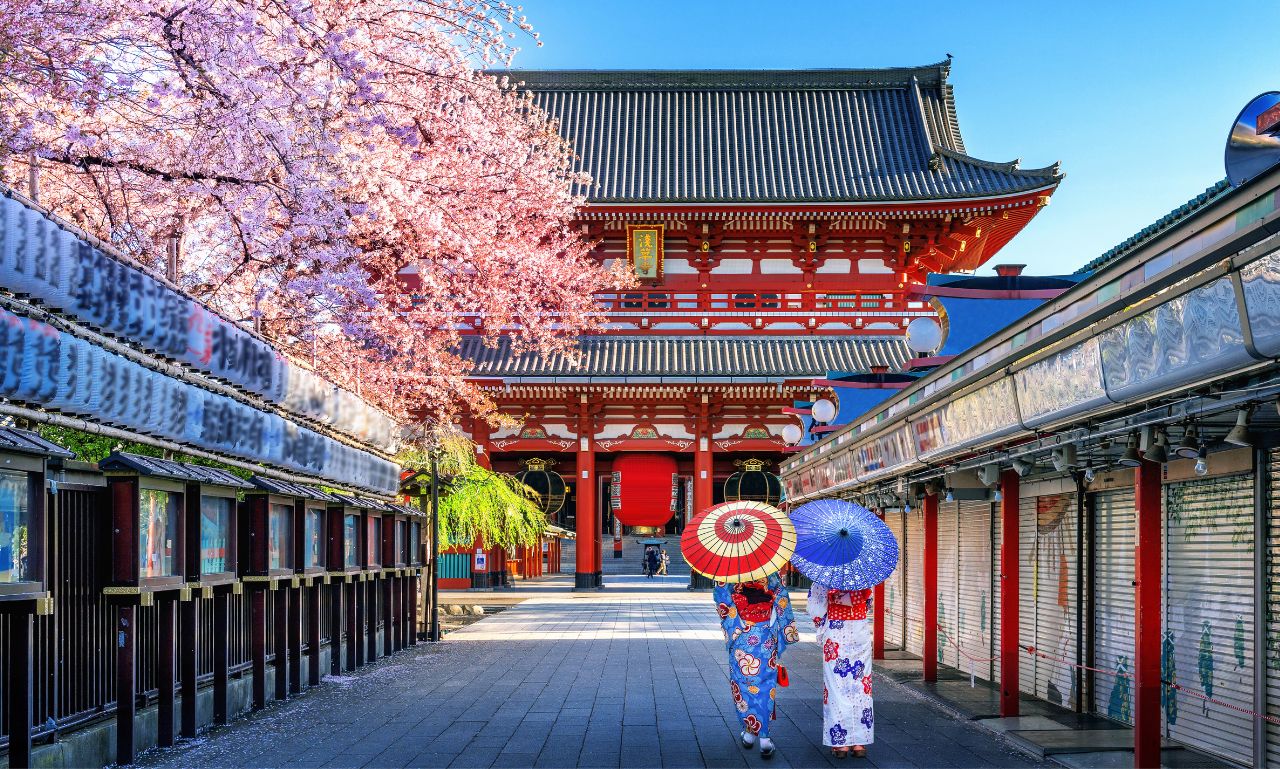Step into a world where time flows like a river, carrying with it centuries of tradition and culture. In Korea, the concept of time is not just a measure on the clock; it’s intertwined with history, values, and societal norms. Join us on a journey to explore how Koreans perceive time, from ancient practices to modern adaptations. Let’s delve into the cultural significance of time in Korea and unravel the unique perspectives that shape daily life and business practices.
The Perception of Time in Korean Culture
Time in Korean culture holds a profound significance that goes beyond mere minutes and hours. It is seen as a precious entity, not to be wasted but savored and respected. The concept of “Nunchi,” or reading the air, plays a vital role in understanding the appropriate timing for actions and decisions.
In Korea, punctuality is not just a suggestion but an expectation deeply ingrained in societal norms. Arriving on time reflects respect for others’ schedules and demonstrates reliability. Time is viewed as interconnected with relationships – being late can convey disrespect to those waiting.
Korean culture values efficiency and productivity, leading to a strong work ethic where time management skills are highly prized. This emphasis on timeliness extends to social gatherings, where showing up promptly signifies your commitment and regard for others.
The perception of time in Korean culture intertwines with concepts of harmony, hierarchy, and diligence – each moment carrying weight beyond its temporal value.
Historical Roots of Timekeeping in Korea
In Korea, the concept of time has deep roots that date back centuries. Timekeeping in Korean culture was heavily influenced by Confucianism and the lunar calendar, which played a significant role in shaping how time was perceived and measured.
The lunar calendar, also known as the Hangeul calendar, dictated important events such as holidays and agricultural activities. It divided the year into 24 solar terms based on the position of the sun, moon, and stars. This intricate system reflected a harmonious relationship between nature and human life.
Furthermore, Confucian principles emphasized punctuality, respect for elders’ time, and adherence to social hierarchies. These values greatly impacted societal norms related to time management and scheduling.
Understanding the historical roots of timekeeping in Korea provides valuable insights into how cultural beliefs have shaped perceptions of time in modern Korean society.
Traditional Concepts of Time in Korea
Time in Korean culture has been deeply intertwined with Confucian ideals and the natural rhythms of life. Traditionally, time was viewed as cyclical rather than linear, with seasons dictating daily activities and rituals.
The concept of “Han” reflects the patience and endurance required to navigate through life’s challenges. Time was not seen as a constraint but rather a fluid entity that ebbed and flowed like water.
In traditional Korean society, punctuality held great importance as it demonstrated respect for others’ time. Being late was considered disrespectful and reflected poorly on one’s character.
Ancient Korea also followed the lunar calendar, which influenced important cultural events such as holidays and ceremonies. This lunar connection added a spiritual dimension to how time was perceived.
Traditional concepts of time in Korea were rooted in harmony with nature, respect for others, and an understanding that time is not just a measurement but a reflection of values and beliefs passed down through generations.
Modern Changes and Adaptations
In modern Korea, the concept of time has undergone significant changes and adaptations. With advancements in technology and a fast-paced society, there is a shift towards efficiency and productivity.
People now rely heavily on digital devices to manage their schedules and deadlines. Smartphones have become indispensable tools for organizing daily tasks and appointments.
The traditional practice of punctuality remains essential in Korean culture, but there is also an increasing acceptance of flexibility in certain situations. This blend of tradition with modernity reflects the dynamic nature of Korean society.
Globalization has brought about cultural influences that impact how time is perceived and valued. The younger generation, especially, may prioritize work-life balance over strict adherence to rigid schedules.
As Korea continues to evolve in a rapidly changing world, the way time is perceived and utilized will likely continue to adapt to meet the demands of contemporary life.
Impact on Daily Life and Business Practices
Life in Korea is intricately intertwined with the concept of time, shaping daily routines and business operations. Punctuality is highly valued in Korean culture, with being on time considered a sign of respect and discipline. This cultural emphasis on timeliness extends to various aspects of life, from meetings and appointments to public transportation schedules.
In business settings, adherence to deadlines and schedules is crucial for maintaining professionalism and trust. Meetings often start promptly at the scheduled time, emphasizing efficiency and productivity. Additionally, working overtime is not uncommon in Korea, reflecting a strong work ethic deeply rooted in societal expectations.
The fast-paced nature of Korean society has led to advancements in technology that streamline daily tasks and improve efficiency. Mobile apps for scheduling appointments or deliveries have become integral tools for managing time effectively.
The impact of time on daily life and business practices in Korea underscores the importance placed on punctuality, efficiency, and dedication to meeting commitments.
Cultural Differences and Misunderstandings Surrounding Time
One of the most intriguing aspects of exploring time in Korea is the cultural differences and misunderstandings that can arise when comparing it to other societies. In Korean culture, punctuality is highly valued; being on time demonstrates respect for others and their schedules. This emphasis on timeliness reflects the collective mindset prevalent in Korean society.
However, these cultural norms can sometimes clash with Western concepts of time where flexibility and adaptability are more common. For instance, a business meeting scheduled for 2:00 PM may not start exactly at that time due to unexpected delays or last-minute changes.
Furthermore, understanding the concept of “Korean Time” is essential when navigating social interactions or business dealings in Korea. This unwritten rule suggests that appointments may not always begin promptly as some leeway is given for unforeseen circumstances.
Navigating these cultural nuances surrounding time requires open-mindedness and patience to avoid misunderstandings or perceived rudeness. Embracing these differences can lead to richer cross-cultural experiences and deeper connections with others in a globalized world.
Conclusion
As we have delved into the concept of time in Korea, it is evident that time holds a significant cultural value in Korean society. From its historical roots to modern adaptations, time plays a crucial role in shaping daily life and business practices.
Understanding the perception of time in Korean culture can help bridge cultural differences and avoid misunderstandings surrounding punctuality and scheduling. By recognizing and respecting traditional concepts of time, both locals and visitors can navigate social interactions more effectively.
Exploring the concept of time in Korea offers valuable insights into the rich tapestry of this vibrant culture. Time not only reflects practical considerations but also embodies deeper philosophical beliefs that influence societal norms and behaviors. Embracing these nuances fosters greater cross-cultural understanding and appreciation for the intricate relationship between time and tradition in Korea.









